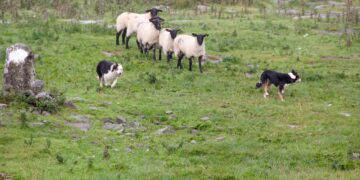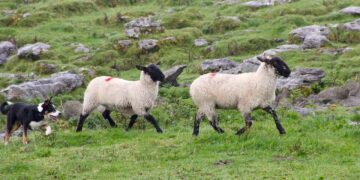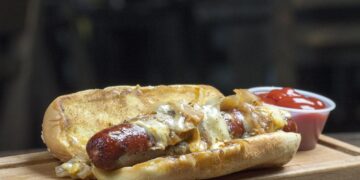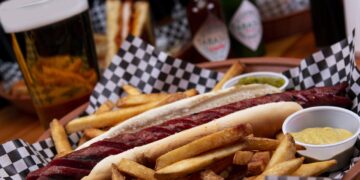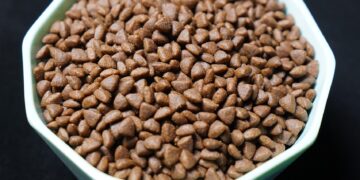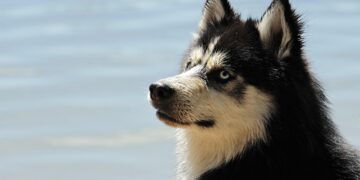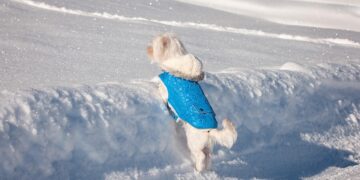Discover Healthy Choices: What Can Dogs Eat Every Day?
When it comes to feeding our furry friends, the question of what dogs can eat every day is pivotal. The right diet can enhance your dog’s health, energy level, and longevity. Understanding the balance between nourishment and variety ensures that your pup thrives. Below, we’ll dive into the best daily diet practices for your canine companion, providing insights and practical tips that guarantee a tail-waggingly good meal plan.
Understanding Dog Nutrition: Basics Every Dog Owner Should Know
Every dog’s dietary needs can vary based on age, size, breed, and health condition. However, certain fundamentals remain constant. Here’s what you need to know:
Essential Nutrients for Dogs
- Proteins: Crucial for muscle repair and growth.
- Fats: Provides energy and supports cell function.
- Carbohydrates: Although not essential, they provide a valuable energy source and fiber.
- Vitamins and Minerals: Support immune system and overall health.
- Water: Essential for all life forms.
Feeding your dog a balanced diet with these nutrients is the surest way to promote health and vitality.
Safe and Healthy Foods for Your Dog’s Daily Diet
While many human foods are safe and healthy for dogs, there are some that stand out as particularly beneficial for daily consumption:
1. Lean Meats
Chicken, turkey, beef, and pork (without additives and in moderation) are excellent sources of protein. Always remove excess fat and avoid cooked bones as they can splinter and cause internal damage.
2. Certain Fruits and Vegetables
Many fruits and veggies are great for dogs. Carrots, blueberries, and apples (sans seeds) offer vitamins and fiber. However, refrain from feeding any fruits with pits and always chop them into manageable pieces to prevent choking.
3. Whole Grains
Oats and brown rice provide energy without the risk of allergies that common grains like wheat can induce. They’re excellent to mix with meats or vegetables for a rounded meal.
Foods to Avoid in Your Dog’s Diet
Knowing what not to feed your dog is just as important as knowing the correct foods. Here are some dangerous or unhealthy foods that should never be part of your dog’s diet:
Toxic Foods
Chocolate, garlic, onions, and grapes/raisins are toxic to dogs and can lead to serious health problems.
High Fat and Salty Foods
Common snack foods like chips or some cuts of commercial meats can lead to obesity and other health issues.
Sugar-Laden Foods
Candies, cakes, and other sugary foods can cause dental problems and potentially lead to diabetes.
Practical Daily Feeding Tips for Optimal Canine Health
Keep a Schedule
Feeding your dog at regular times each day helps regulate their metabolism and prevents overeating.
Proportion and Portion Control
Understand your dog’s specific needs based on their weight, breed, and activity level to avoid underfeeding or overfeeding.
Incorporate Variety
While it’s important to have staple foods, occasionally introducing new foods can provide extra nutrients and prevent boredom.
Is a Homemade Diet Better than Commercial Dog Food?
Many dog owners ponder whether a homemade diet is superior to commercial options. Both choices have pros and cons, but the key is ensuring balanced nutrition:
Commercial Dog Food
It’s convenient and designed to meet all nutritional standards, but it’s critical to choose high-quality brands with real meat and no fillers.
Homemade Dog Food
Gives you control over what your dog eats, allowing for custom diets particularly for pets with specific health issues. However, maintaining nutritional balance can be challenging and might require consulting a veterinarian or a pet nutritionist.
Wrapping It Up
Choosing what to feed your dog every day is a decision that influences their health long-term. By incorporating a variety of safe, nutritious foods and avoiding harmful ones, you can ensure your dog enjoys a vibrant, healthful life. Remember to adjust as necessary based on your dog’s unique health needs and preferences and consult with a vet whenever you’re in doubt. Tailored care is the best care when it comes to feeding our beloved canine companions.







